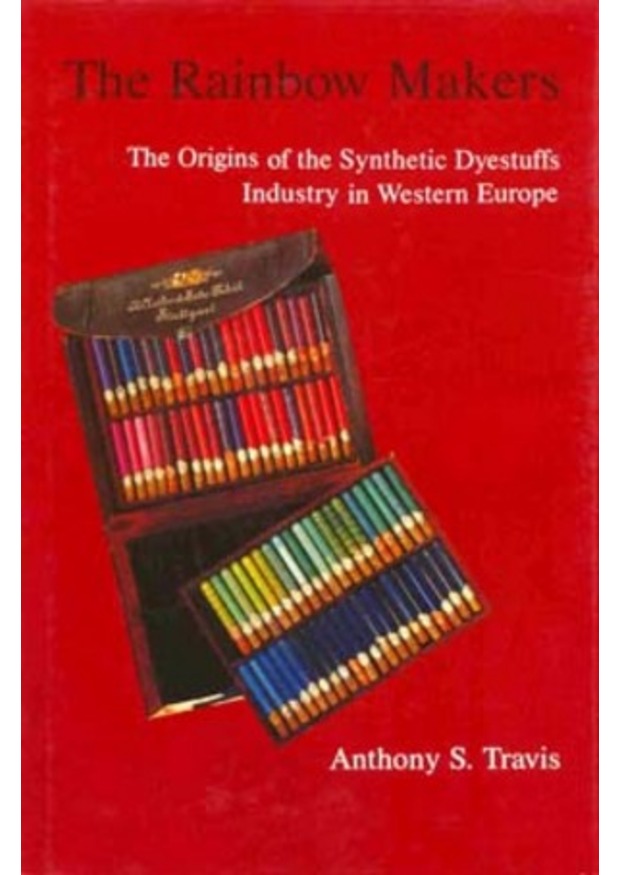The Origins of the Synthetic Dyestuffs Industry in Western Europe
This is a detailed historical reinterpretation of the most remarkable science-based activity of the nineteenth century, that of inventing coal tar-based synthetic dyestuffs, and of devising new routes to dyes previously obtained from natural sources, such as roots and leaves. These pursuits upturned existing traditions in the preparation and use of dyes, and created a new, and broader, tradition in which scientific knowledge became a powerful tool in the growth and control of technology.
Cited frequently, but analyzed rarely, the rise of the synthetic dyestuffs industry and the nature of its technology have, until the present work, remained poorly understood. This has led to the perpetuation of several misconceptions, such as the belief that the industry was wholly science-based from the start.
This book uses hitherto unexplored aspects of social context, education, and the demand for new products, to show how one of the overriding factors in the introduction of science to industry was the need for organized science to justify itself. Once chemists recognized that there existed a wealth creating industry based on manipulation of the much-studied coal tar products, they were provided with the long-cherished springboard from which to enhance their discipline and their careers. The consequence was mutual reinforcement of chemical science and dye-making and dye-using technologies, as the former solved puzzles posed by the latter.
The fledgling industry adopted different styles of organization in Britain, France, Germany, and Switzerland. The greatest accomplishments in the manipulation of the technology, and in the marketing of new products, were made by German companies. Arrangements over patents assisted the transfer of technology from Britain to Germany and led to the formation of cartels with international factors. This tight and effective means of control ensured the profits that enabled invention to become a feature of the industrial process.
This work is essential reading for anyone interested in the origins of the present-day Western European chemical industry or the beginnings of modern corporate organization in industrialized nations.
"An outstanding book based on extensive knowledge of the vast literature. It is a comprehensive and critical interpretation of historical, technological, and scientific material. The Rainbow Makers ought to be read by chemists and chemical engineers as well as by historians of science and technology."
--Heinrich Zollinger
Swiss Federal Institute of Technology
"This pathbreaking study combines a fresh approach to the archival material with vigorous accuracy to produce new insights into the development of the synthetic dyestuffs industry, the forerunner of the modern chemical and pharmaceutical industries. The technical details will delight chemists, and the (historical) analysis will fascinate historians. The Rainbow Makers is surely destined to become a classic."
--Peter J. T. Morris
Science Museum, London
Out of Print













